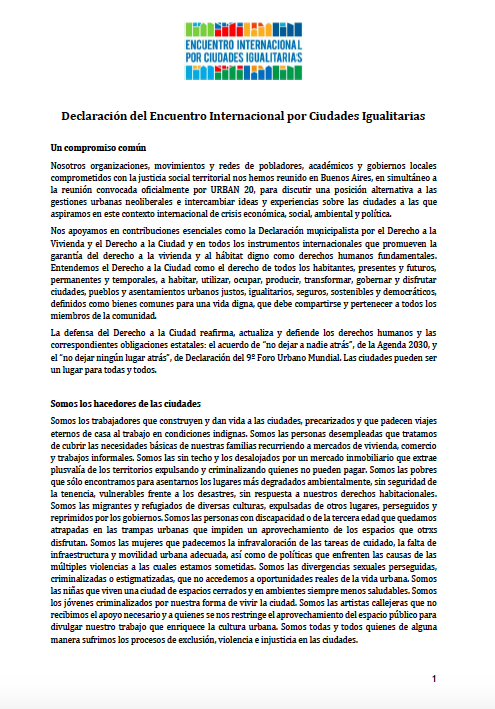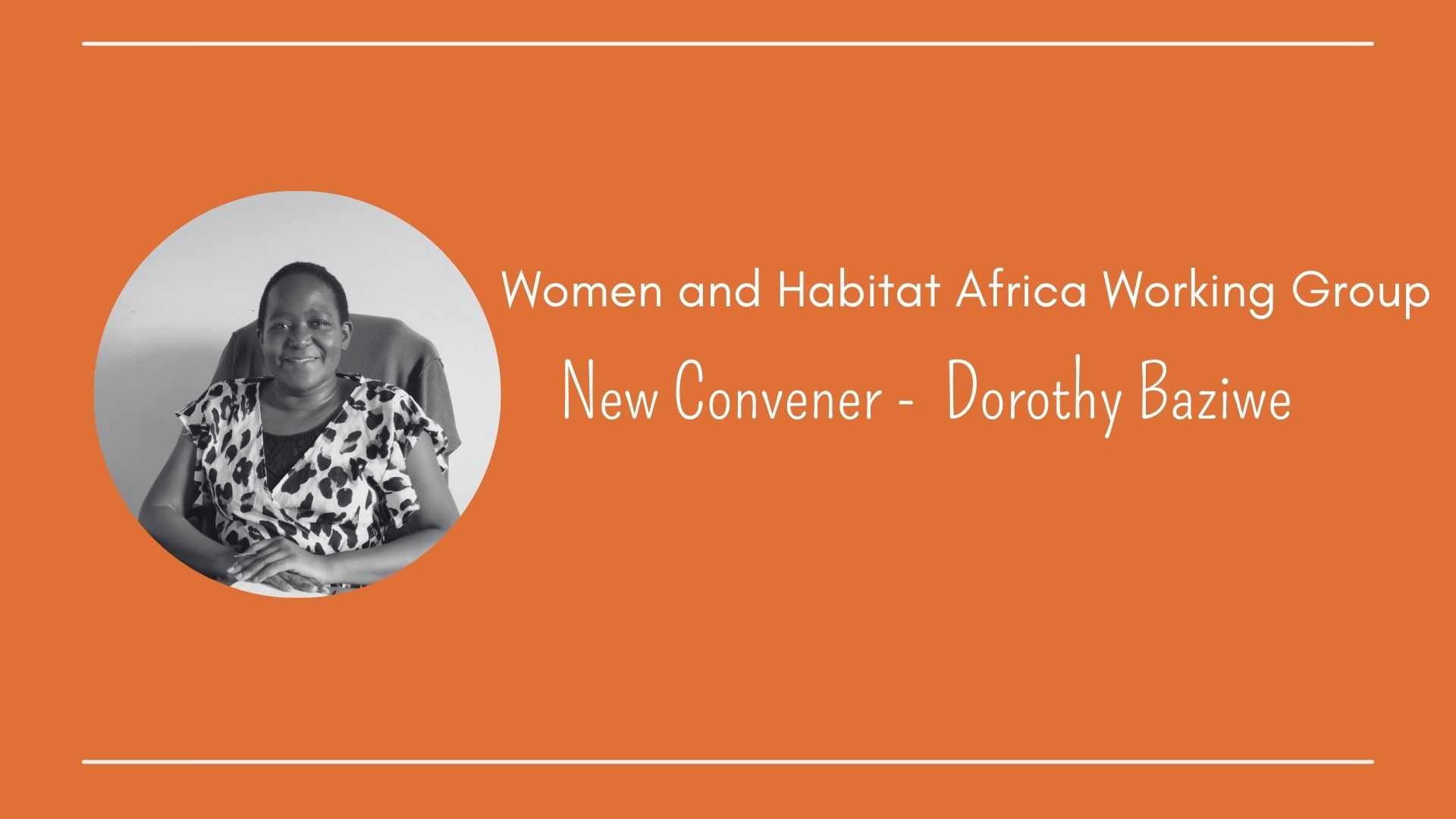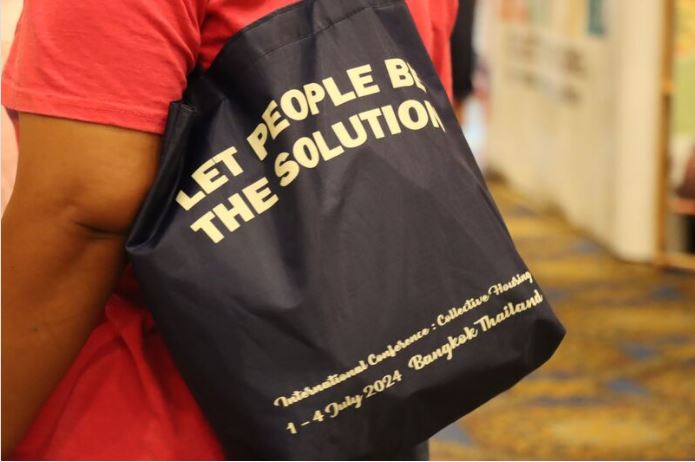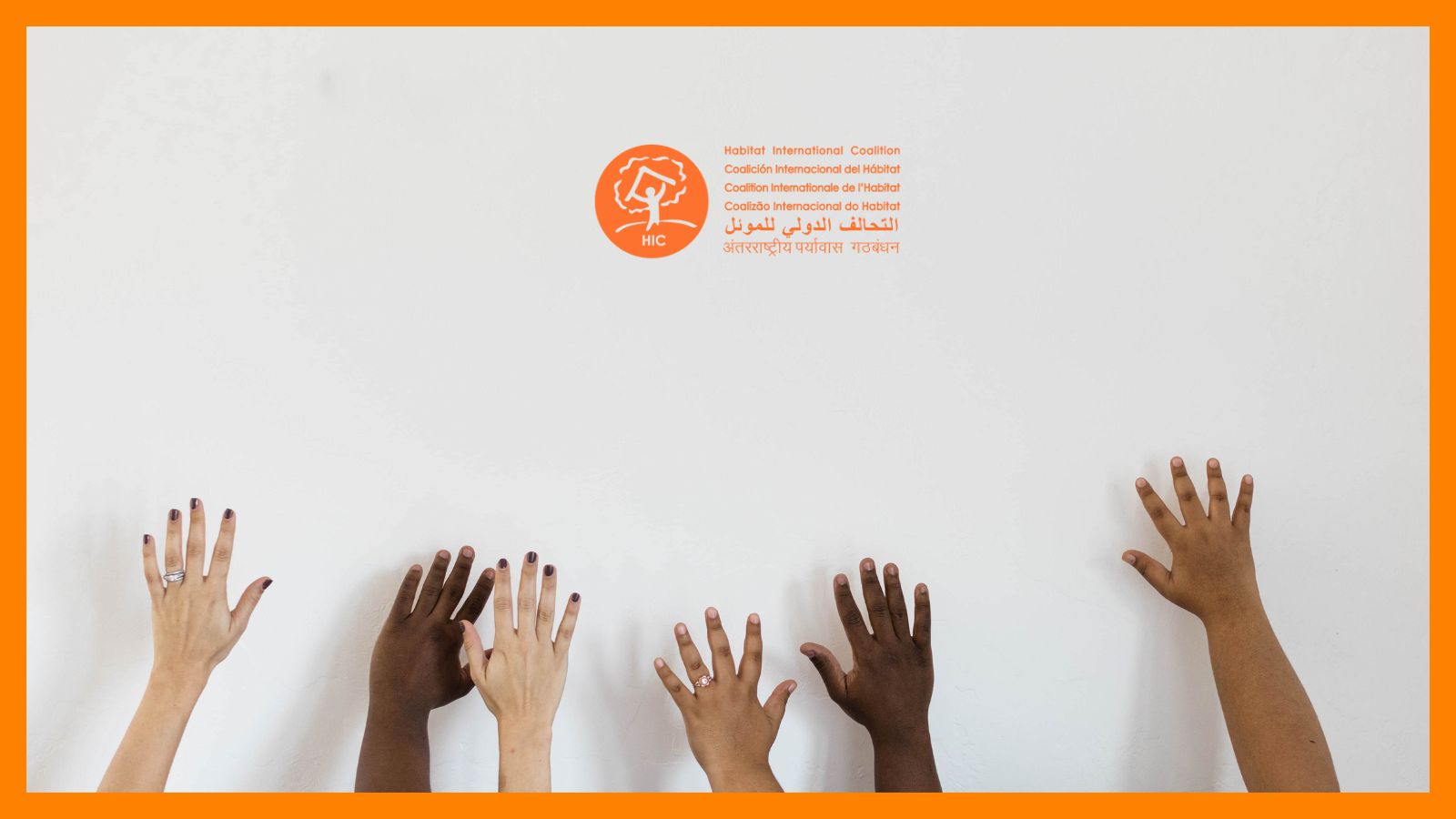This initiative was based on improving and rehabilitating the unplanned Bashku quarter in the Kingdom of Morocco. The area is located in the City of Casablanca, Morocco’s largest and most commercial center. The area, extending over nine hectares, consists of 1,700 housing buildings inhabited by about 9,000 persons. The area’s inhabitants suffer from apparent deterioration of their social and economic living conditions.
The initiative was undertaken by the area’s inhabitants, with the participation of the area’s parliament members and Lyonnaise des Eaux de Casablanca (LYDEC), a private company providing utility services. The initiative sought to upgrade the houses in order to improve the inhabitants’ living conditions; provide a means for garbage collection and disposal, thus, to improve the level of environmental and public health; ensure access to potable water; provide basic utilities, including electricity for housing units and for lighting open spaces; and develop and rehabilitate public spaces, in order to enable the inhabitants to use these areas for public activities.
The following are some of the most significant lessons learned from this experience:
-
The community participated in a collective manner when there was an urgent, common need, particularly when the need was none other than survival;
-
The community participated in a collective effort when help was available for official or unofficial organization;
-
When a team spirit, social unity and a feeling of belonging to the place prevail, the community highly interacts to solve its own problems. Each individual provided all possible contributions within their means to resolve the community’s problems affecting all.
The future sustainability of this experiment depends on the community’s unity in planning and working together to face any internal or external interference that may revive similar problems. Other unplanned areas in Morocco successfully extended illegal electricity to their areas and worked toward improving their areas’ living conditions. This demonstrates that some of this experiment’s aspects were successfully performed and can be repeated in the future in other areas provided the area’s inhabitants enjoy a spirit of unity and belonging to the place.
Read the full text at:




